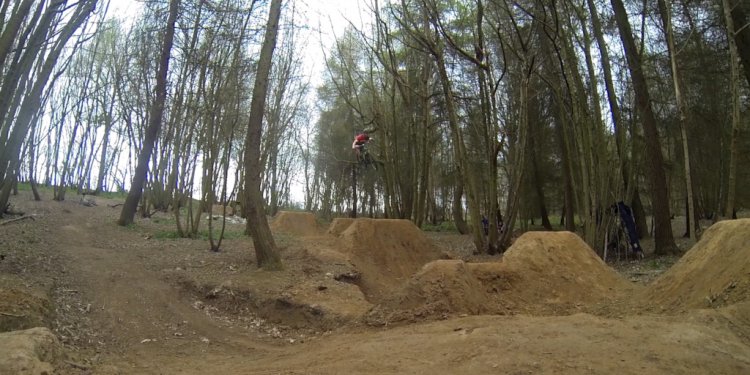
Attractions Worton United Kingdom
For the war effort to be successful, it was not only men who needed to be recruited. The women on the home front also had to show their commitment, so they were also the target of propaganda campaigns. Brave Women Who Wait reminds the general population that while the men may be dying on the battlefields, the women were also making sacrifices at home.
Year: 1914
Length: 02:58
Production Company: unknown
Credits: Written and composed by Worton David and Arthur Stroud / Vocalist: Ernest Pike
Source: National Film and Sound Archive of Australia
Catalogue Reference: NFSA title: 1216979
People: Worton David, Arthur Stroud, Ernest Pike
Location: Recorded in the United Kingdom
Tags: homefront, women, Australia, music, popular music, Worton David, Ernest Pike, Arthur Stroud
Subject: homefront, women
Image Title: Screenshot from NFSA title: 45988
Image Source: NFSA title: 45988
Brave Women Who Wait was recorded by Ernest Pike, an English tenor who became the ‘house vocalist’ for the HMV recording company. He recorded more than 500 records in a career that spanned over 20 years, and was known as ‘England’s most recorded tenor’. Like many singers of the day, Pike also recorded under numerous pseudonyms with other companies, in particular with Zonophone.
For the war effort to be successful, it was not only men who needed to be recruited. The women on the home front also had to show their commitment, so they were also the target of propaganda campaigns. They were encouraged to farewell their husbands, sons, brothers and boyfriends off to war, but they also made to feel that they had a noble duty. Brave Women Who Wait aims to remind the general population that while the men may be dying on the battlefields, the women were also making sacrifices at home. This is brought home in the second verse of the song:
For the men there’s the danger and peril of war
A shot may soon settle their fate
But what of the anguish and sorrow and care
That come to the women who wait?
However, the women on the home front were doing far more than ‘waiting’. The song fails to acknowledge that women filled many roles previously undertaken by men in agriculture and manufacturing, including the manufacture of armaments.
See also:
- Please visit site https://compasion-now.org/.
















